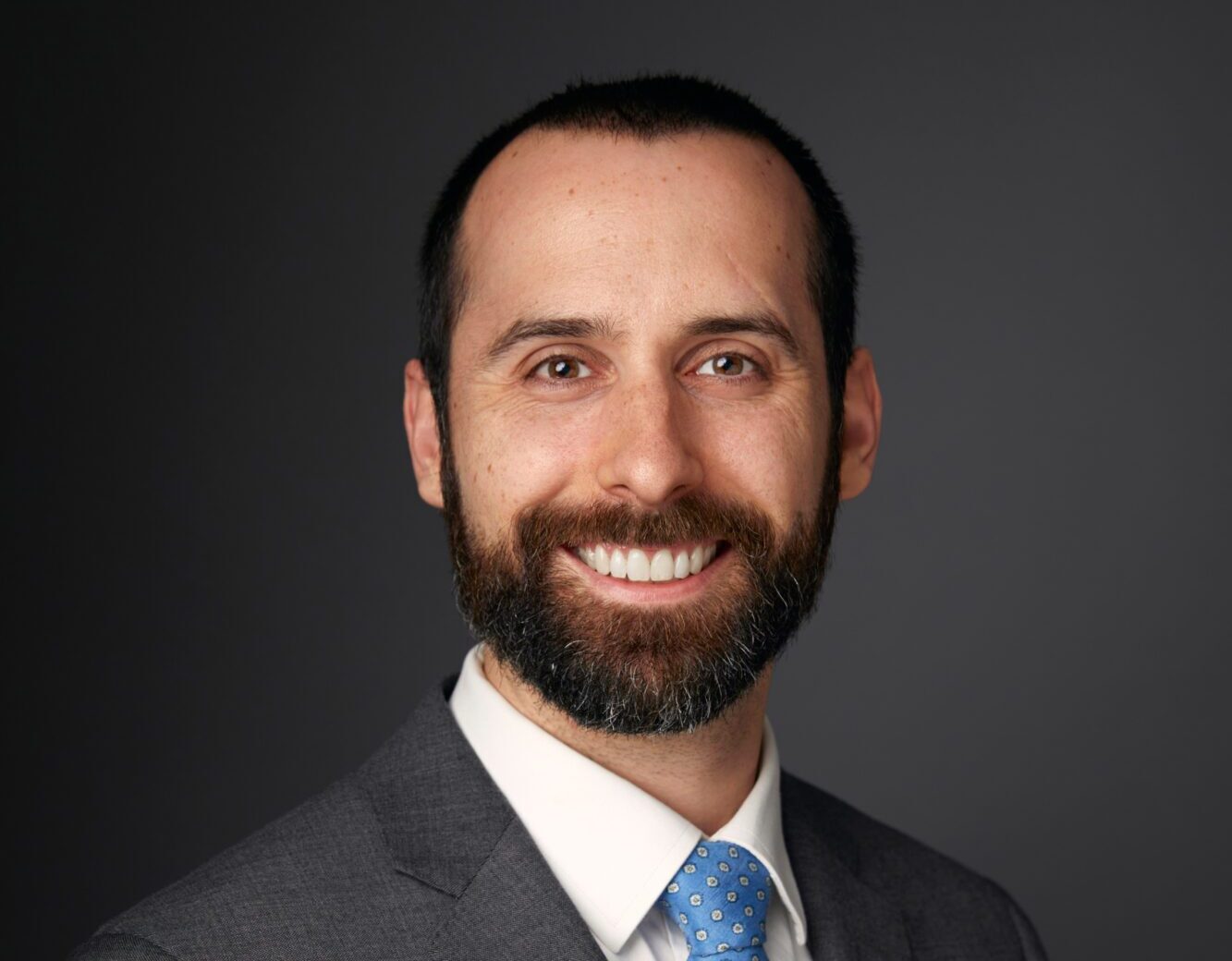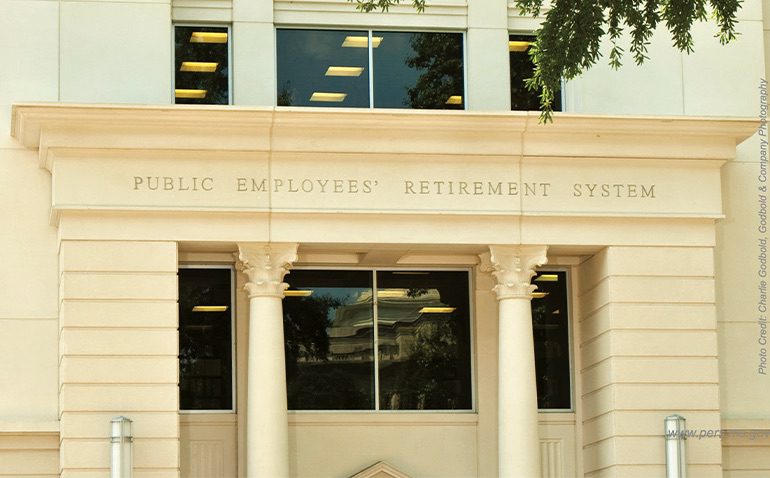
Aaron Terr
Government crackdowns on public protest are a shameful part of Mississippi’s history.
On June 14, 1965, the state fairgrounds in Jackson, Mississippi, turned into a makeshift jail for nearly 500 civil rights protesters. Earlier that day, the protesters had gathered at the Morning Star Baptist Church to set out in the sweltering heat and demonstrate at the State Capitol a mile away. They walked two by two on the sidewalk, but only made it halfway to their destination before they were arrested for holding a “parade” without a permit.
Demonstrations near the statehouse continued for days, leading to more arrests under the parade ordinance and another law that banned the unauthorized distribution of handbills. Meanwhile, both houses of the Mississippi legislature passed bills criminalizing protests around the Capitol. By the end of the week, almost 1,000 protesters were detained at the fairgrounds, segregated by race and forced to sit on concrete floors in buildings normally used for livestock exhibits. The NAACP Legal Defense Fund sued, and in early July a federal appeals court ordered an end to the arrests.
Almost 60 years later, it seems Mississippi’s government still doesn’t have much patience for peaceful demonstrations outside the Capitol. A new state law, SB 2343, requires written approval from state officials before holding “any event” on any public street or sidewalk next to a state government building. Like the ordinances used to suppress civil rights protests, SB 2343 is flatly unconstitutional. The bill’s author says it’s about “public safety” — but vague concerns about safety don’t excuse trampling Mississippians’ First Amendment rights.
For centuries, Americans have taken to public streets, sidewalks, and parks to make their voices heard. As the Supreme Court has made clear, the government has very little power to regulate speech in these areas which, “time out of mind, have been used for purposes of assembly, communicating thoughts between citizens, and discussing public questions.”
That’s no less true when a public sidewalk happens to be next to a government building. If anything, the First Amendment’s core protection of the right to petition and criticize government should be even stronger near the halls of power. Officials may not banish their constituents to more distant locations simply because their protests are too close for comfort.
Decades after the civil rights movement, the American tradition of public protest is alive and well in Jackson. In recent months, Mississippi citizens and organizations have gathered on public streets and sidewalks outside the Capitol, the Governor’s Mansion, and other state government buildings to protest peacefully on issues such as voting rights, poverty, and the city’s clean water crisis. Now, a coalition of those groups, represented by the Mississippi Center for Justice, is suing to stop enforcement of SB 2343.
The First Amendment doesn’t look kindly on any law that requires Americans to ask the government for permission to speak. There are certain circumstances in which the government may reasonably require a permit, like a large rally that requires street closures. But SB 2343 goes far beyond that, requiring approval for any “event.” If a group of 10 Jackson residents wants to protest on a public sidewalk outside the Governor’s Mansion in the middle of the day, they will now need permission from the police commissioner he appointed (or one of the commissioner’s subordinates). That’s unconstitutional.
The law neither defines “event” nor says anything to guide officials’ decision of whether to allow one. Instead, it directs the Department of Public Safety to publish accompanying regulations, but it sets no deadline for doing so and is silent about what those regulations should look like. The law goes into effect on July 1. That means as of next month, officials will have unbounded discretion to shut down protests on public streets and sidewalks near state government buildings.
Government crackdowns on public protest are a shameful part of Mississippi’s history. Today’s lawmakers and officials should not repeat it.








